DevOps & Agile Software Development
DevOps and agility are terms that have been doing the rounds in the IT industry for some time now already. But what is it that drives this pursuit of ever more agility and closer interlacing of the fields of development and operations?
Companies, and in particular IT departments, want first and foremost to work more profitably, more efficiently and more reliably. That saves time, costs and in most cases also stress. At the same time, companies keep expecting ever better products and services ever more quickly. As a rule, teams work in "sprints" of two to four weeks.
This means that new application features or software can be delivered fast as a Minimal Viable Product (MVP) – a clear competitive advantage. But this commercial goal means that a fundamental change of culture is required in IT.
The focus is on how the cooperation works. The two methods – agile software development and DevOps – define a new kind of team culture, collaboration and error tolerance, and thus transform entire company cultures.

No DevOps without agile software development – no agility without DevOps.
The agility model and the DevOps concept have completely different core focuses, and what they can do for teams doesn't show until you combine the two. The idea of agile software development was laid down in 2001 in the Manifesto for Agile Software Development and it defines four main principles:
- Individuals and interactions over processes and tools
- Working software over comprehensive documentation
- Customer collaboration over contract negotiation
- Responding to change over following a plan
At ConSol we have been using agile methods in our work for some years now, and we have established DevOps both as a method and as its own company unit. Our customers want to respond quickly to market demands with their business. We give them exactly what is needed from the IT lifecycle – expertly, quickly and with the highest demands on quality.
Find out more about agile software development and DevOps at ConSol here:
Minimize Project Risk by Being Agile
DevOps: Everyone is Interconnected
From DevOps to DevSecOps

Truly excellent software products can be quickly put into productive use and continue to deliver the desired performance economically over the long term. To provide you with such solutions, at ConSol, we embrace agile software development combined with DevOps. Perhaps this approach could benefit your IT as well? We are here to support you!
Christoph Ehlers
Head of Custom IT Solutions
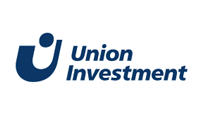
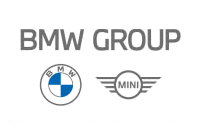
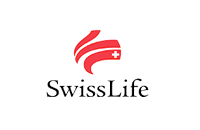
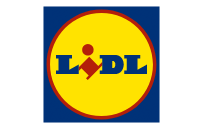
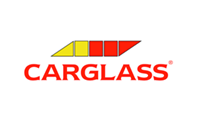
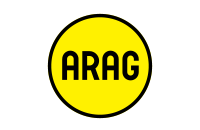

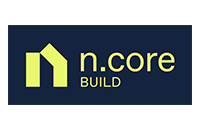

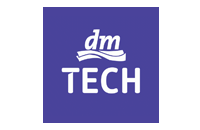
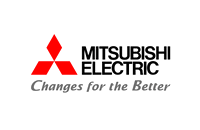
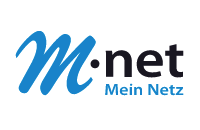
More than
200 customers
trust ConSol
for their
IT & Software
More about innovative software architecture
Still have questions about DevOps & agile software development?

Let's talkl!
Andreas Schilz
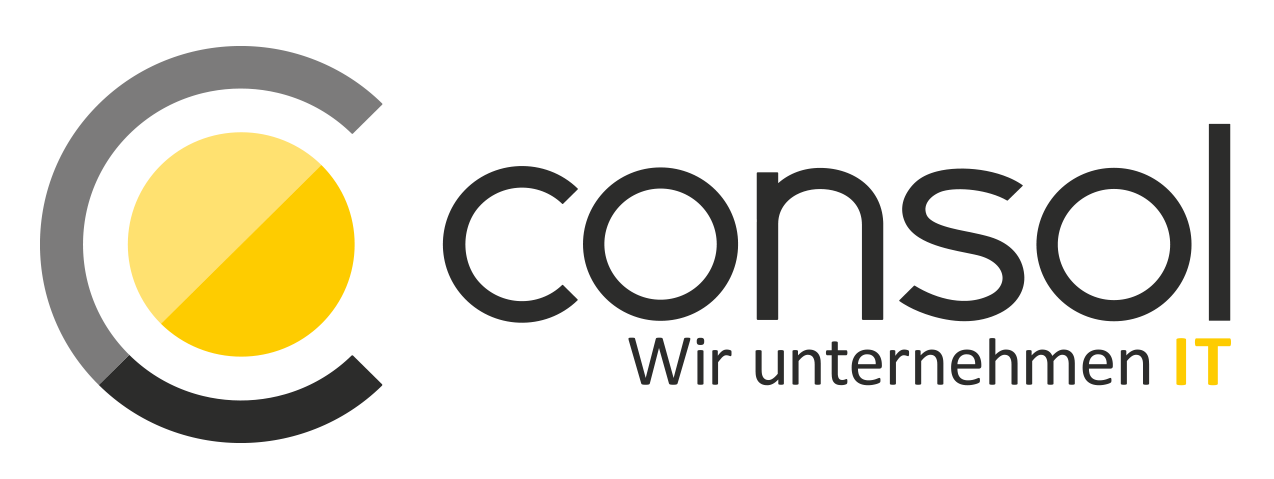



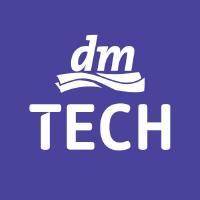




 Openshift Consulting
Openshift Consulting
 Open Source Monitoring
Open Source Monitoring
 Integration-Testing
Integration-Testing











